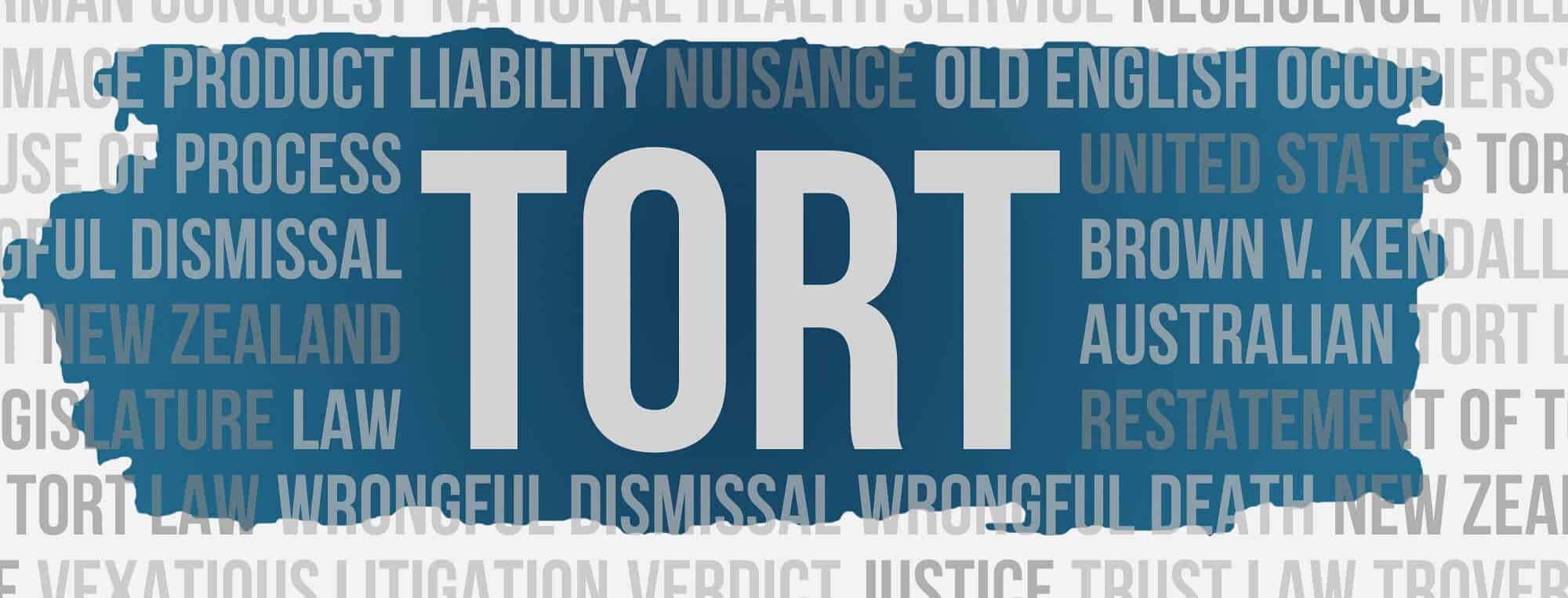The tort of detinue occurs when a person wrongfully detains a person’s property and unreasonably refuses to return that property to the rightful owner.[1] Detinue is similar to the Tort of Conversion, except for a specific element: it is a condition of the action of detinue that the plaintiff has made demand for the return of goods, and the demand has been refused.[2] The plaintiff must also have a right to immediate possession of the chattels.[3]
Elements of detinue
There are four elements required to establish detinue:
- a demand is made;
- the demand is refused;
- the refusal is unreasonable; and
- there is consequential damage.
Demand made
The plaintiff must make a demand for the chattel to be returned and be entitled to the chattel at the time of the demand. The demand is imperative.4
Demand refused
The defendant must refuse that demand (whether expressly refusing or failing to respond at all). On some occasions, a defendant who does not have possession of the chattel and has lost that possession may still commit detinue by denying the plaintiff their right to possession.5
Refusal unreasonable
Where the chattel is in the defendant’s possession, the refusal to return the chattel must be unreasonable
Consequential damage
As a result of the defendant’s conduct, the plaintiff has suffered a loss. This will usually be calculated as the value of the chattel.
Once the above elements have been established, an action for detinue can be made out.
How can detinue arise?
Detinue is established by a demand for the chattel by the plaintiff and a refusal of that demand by the defendant. A conditional demand that later becomes unconditional will also be enough to prove a cause of action in detinue.6
Detinue can arise in two ways:
- Where the defendant has actual possession of the chattel (any goods – for example, a lawn mower or excavator) and refuses to return it to the plaintiff on their demand; or
- Where the defendant was in possession of the plaintiff’s chattel under bailment (i.e. the good had been temporarily provided to the defendant for a particular purpose) and has wrongfully parted with that chattel.
It is important to note that even if there is a case of a wrongful parting with the chattel, there must be a demand and refusal for detinue to arise.
Who can sue?
The plaintiff must have a right to immediate possession at the time of the refusal that derives from some proprietary or possessory interest in the chattel.7 The interest in the property must also be a lawful interest.8 If the plaintiff does not have an immediate right to possession of the goods or chattels, then the plaintiff cannot sue for detinue.
Defences to detinue
There are several potential defences available for detinue. These include:
Consent
It is a defence to show that there can be no trespass if the interference occurs with the plaintiff’s consent. Consent can either be express or implied.9
Jus tertii
It is a defence to show that a third party has a better right to possession than the plaintiff.
No right to possession
The legal ownership of a chattel can be complicated. Registration of a vehicle is not proof of ownership, for example. If someone has bought a chattel, ownership may be passed to another through it being given as a gift. There may be contractual obligations (in particular for commercial equipment) or other facts that demonstrate that the person demanding the return was not the rightful owner.
The demand was invalid
If a demand has been made, it may be vague, confusing or otherwise invalid. If the demand isn’t valid, then a refusal may not have been unreasonable.
There was no refusal
If the refusal to return something is not specific, and a sufficient amount of time has not passed to imply that there is a refusal, then the element of refusing the demand to return the chattel may not be met.
It wasn’t reasonable to return the chattel
There may be a reasonable excuse why the chattel had not been returned in time.
Remedies and compensation for detinue
Remedies for detinue include:
Delivery up of goods
An order for delivery up of goods is available in an action for detinue. It is basically a court order demanding the return of the goods or chattel to the plaintiff.
Compensatory damages
Compensatory damages may be awarded if there has been a loss.
Restitution
The remedy of specific restitution (i.e. remedy calculated based on the gains of the defendant) may apply where damages are inadequate.
Abatement (also known as self-help)
A person may be entitled to enter the land of another or take other self-help measures, upon giving of due notice, to lawfully retake goods which have been wrongfully taken out of the person’s possession.
Contact Gibbs Wright Litigation Lawyers
If your property rights are being interfered with in any way, Gibbs Wright Litigation Lawyers are here to assist you.
Call Gibbs Wright today about your detinue matter for a free and confidential consultation discussing your legal rights and options.
References
- Ming Kuei Property Investments Pty Ltd v Hampson [1995] 2 Qd R 251, 256. ↩︎
- John F Goulding Pty Ltd v Victorian Railways Commissioners [1932] VLR 408; Lloyd v Osborne (1899) 20 LR (NSW) 190. ↩︎
- Russell v Wilson (1923) 33 CLR 538. ↩︎
- Lloyd v Osborne (1899) 20 LR (NSW) L 190. ↩︎
- Black Diamond Group Pty Ltd v Manor of Maluka Pty Ltd & Anor [2014] QSC 219 [41]. ↩︎
- Bunnings Group Ltd v CHEP Australia Ltd (2011) 82 NSWLR. ↩︎
- Russell v Wilson (1923) 33 CLR 538. ↩︎
- Carolan v New South Wales [2014] NSWSC 1566. ↩︎
- Pwllbach Colliery Co Ltd v Woodman [1915] AC 63; Lyttelton Times Co Ltd v Warners Ltd [1907] AC 476. ↩︎




